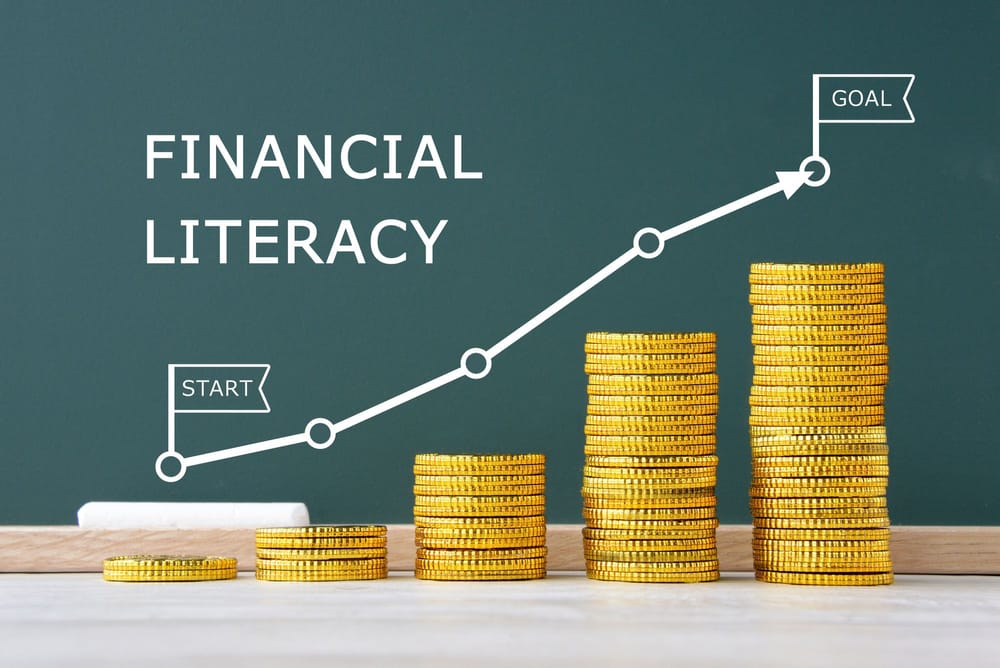Mastering Financial Literacy
In today's world, financial literacy is a crucial skill that empowers individuals to make informed decisions about money. Whether you're just starting your financial journey or looking to enhance your money management skills, understanding basic concepts of financial literacy is key. In this blog post, we'll explore fundamental principles of money management and why they matter.
Why Financial Literacy Matters
Financial literacy refers to the knowledge and understanding of financial concepts that enable individuals to make sound financial decisions. It empowers people to budget effectively, save for the future, manage debt responsibly, and plan for financial goals such as buying a home or retiring comfortably.
Lacking financial literacy can lead to detrimental consequences, including debt accumulation, poor credit scores, and difficulty achieving financial independence. Therefore, gaining a solid foundation in money management is essential for building a secure financial future.
Basic Concepts of Money Management
Money management is a fundamental skill that involves effectively handling your finances to achieve financial goals and maintain financial stability. Here are key concepts of money management:
1. Budgeting
Budgeting is the process of creating a plan for how you will spend and save your money. It involves:
- Income: Understanding your sources of income, such as wages, salaries, or business profits.
- Expenses: Tracking and categorizing your expenditures, including necessities (housing, utilities, food) and discretionary spending (entertainment, dining out).
- Saving Goals: Setting aside money for savings, emergencies, and future financial goals.
2. Saving and Investing
- Emergency Fund: Building an emergency fund to cover unexpected expenses like medical bills or car repairs.
- Investing: Learning about different investment options (stocks, bonds, mutual funds) to grow wealth over time and beat inflation.
3. Understanding Credit
- Credit Scores: Knowing how credit scores work and how they impact your ability to borrow money.
- Debt Management: Using credit responsibly and managing debt to avoid high-interest payments and maintain good credit standing.
4. Financial Goals
- Short-term Goals: Setting achievable objectives like paying off credit card debt or saving for a vacation.
- Long-term Goals: Planning for retirement, homeownership, or funding education for yourself or your children.
5. Financial Products and Services
- Banking: Understanding different types of bank accounts (checking, savings, CDs) and their features.
- Loans and Mortgages: Knowing the terms and conditions of borrowing money, including interest rates and repayment schedules.
How to Improve Financial Literacy
Enhancing your financial literacy doesn't happen overnight but is a continuous learning process. Here are some steps to improve your money management skills:
- Educate Yourself: Read books, attend workshops, and take online courses on personal finance.
- Use Tools and Apps: Utilize budgeting apps and financial calculators to track your spending and savings goals.
- Seek Professional Advice: Consult financial advisors or planners for personalized guidance on investments and retirement planning.
- Practice Self-Discipline: Develop healthy financial habits like living within your means and avoiding impulse purchases.
Conclusion
Financial literacy is a vital skill that empowers individuals to make informed decisions about their finances and achieve their financial goals. By understanding basic concepts of money management, you can take control of your financial future and build a solid foundation for long-term financial security. Remember, it's never too late to start learning and implementing healthy financial habits that will benefit you throughout your life. Start today and pave the way towards financial well-being!

